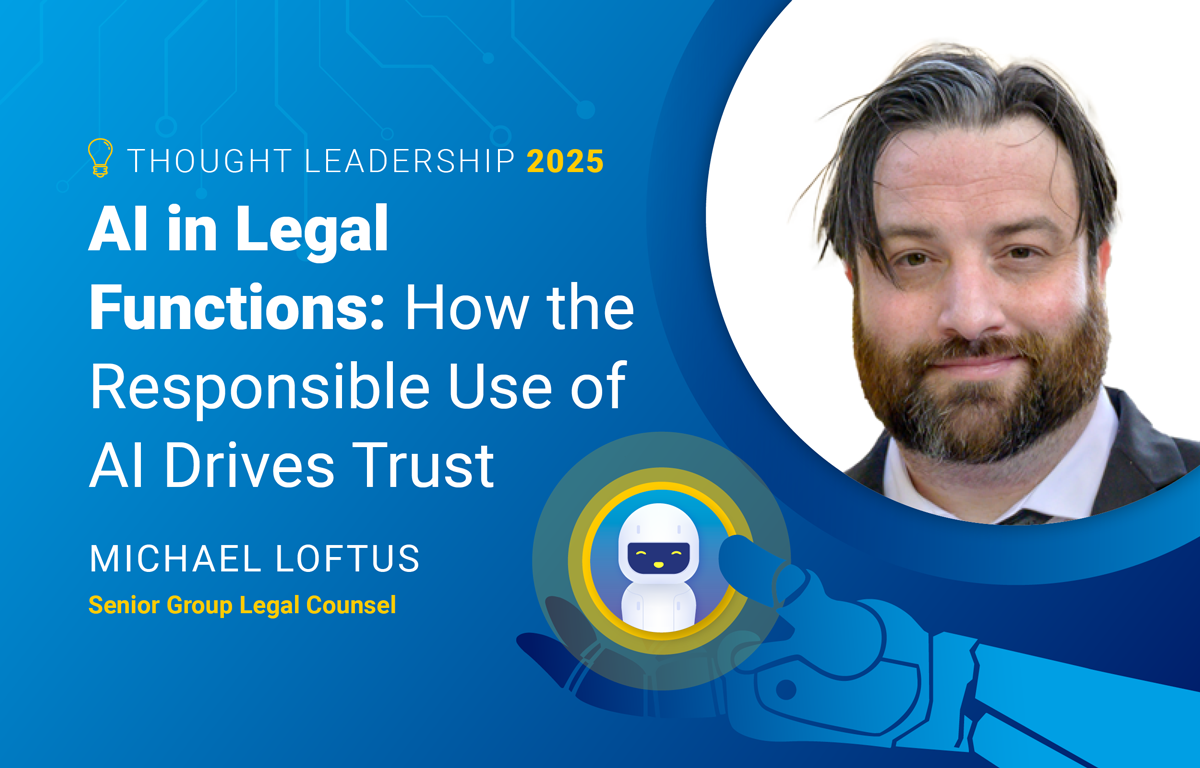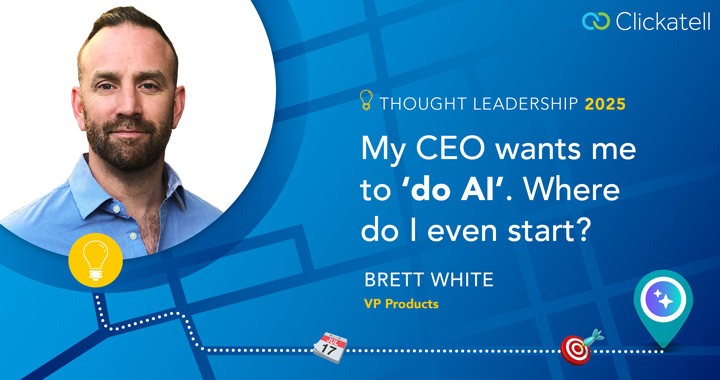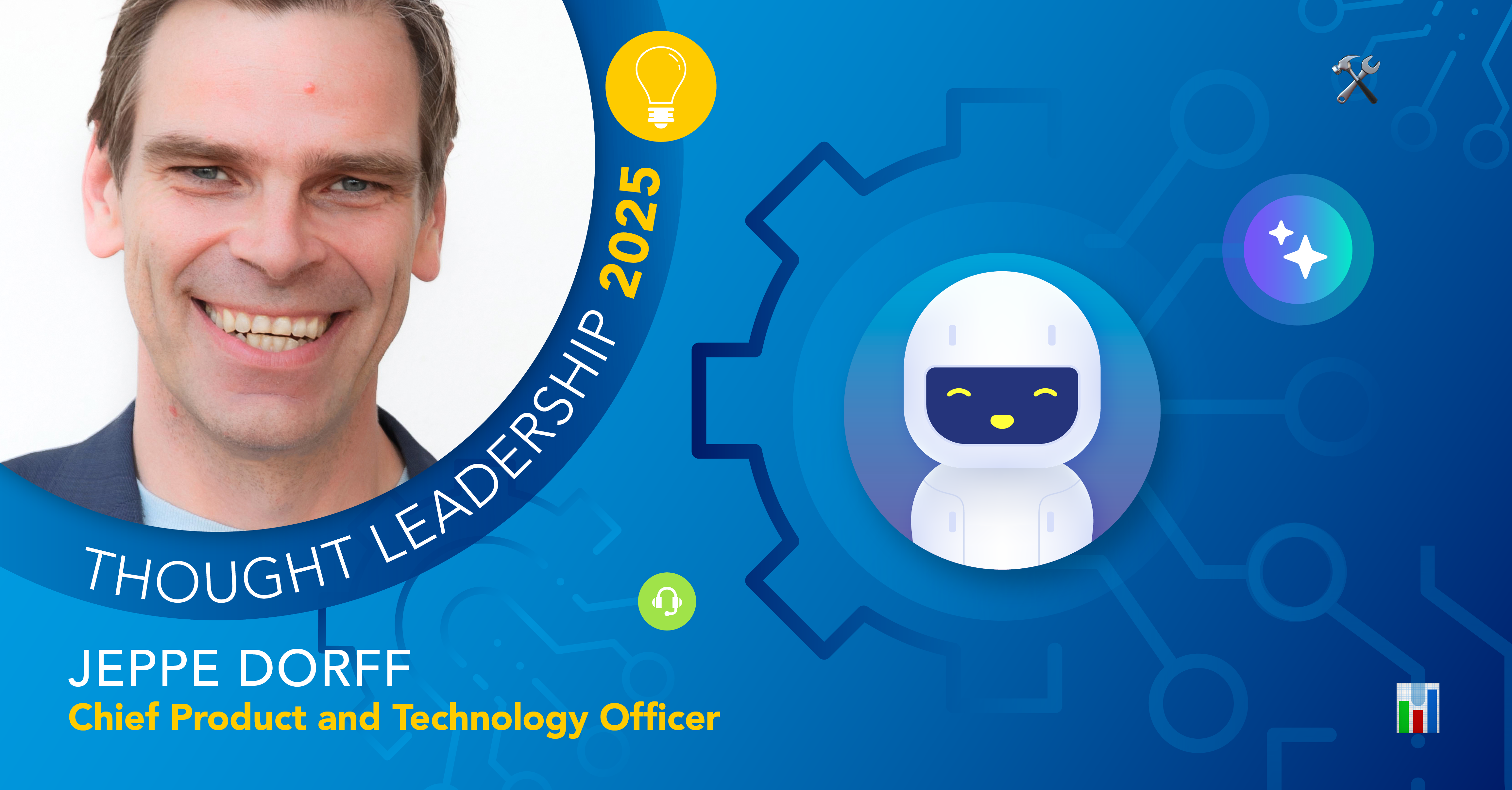
For someone who spent most of his working life with companies focused on their bottom line, Ian Merrington has managed to inject a renewed passion into one of the Western Cape’s most successful non-profit organizations. His view of how to create an enabling environment for the digital economy in Africa is one that shows just how connected he and his team are to their mandate.
The Cape Innovation and Technology Initiative (CiTi) is Africa’s oldest technology incubator. It works with government, academia, business, and the broader society to promote the inclusive growth of the digital economy. Ian has been its CEO since 2015 and also serves as a director of Injini, Africa's first EdTech Incubator.
Ian recently took some time to reflect on what he sees as the biggest challenges and opportunities facing the digital economy, both in South Africa and the rest of the continent.
Accountants can be creative
Ian trained as a cost and management accountant and began his working life in food manufacturing. This gave him a great understanding of the manufacturing process. Later, at Reckitt and Colman, Ian switched to financial accounting and took on managerial roles.
After 13 years, Ian did what he describes as a career pivot and joined an advertising agency, BBDO, as the financial director.
Looking back, he says he thinks it was his time in the creative industry that has given him a good grounding for his role at CiTi.
“I see the drivers of creativity as very similar to the drivers of innovation. It was possibly this that gave me the nudge to go out on my own and start a consultancy that focused on mentorship. I’ve always had a strong leaning towards technology and that really helped me when it came to me working with tech startups offering strategic advice.”
Ian was consulting with CiTi when the position for CEO became available and he immediately applied.
Megatrends that impact our lives every day
To set the scene, we asked Ian to unpack his top three megatrends.
Although we are still in the early days of its development, he thinks AI will impact almost everything. Like AI, Ian also sees cloud computing as an enabler of the digital value chain, saying his team thinks the elasticity and scalability of cloud will become omnipresent.
His third megatrend, although not new technology, is digital commerce.
“The whole commercial world is moving onto a digital value chain and, although it’s been happening now for a few years, I see it having a very disruptive effect on the legacy economy. As the e-commerce value chain gets longer and more people see it as a valuable way of interacting with their customers, we will see digital taking over.”
Platforms shaking up our world and how we interact
When Ian looks more closely at his own sector, he says the collection of data and all that enables data insights and analysis will have a real impact. He also sees platform technologies revolutionizing how we engage.
“More than any of this, the advent of platform business has changed the way we engage with the world. I believe platform technologies, as the enabler of instant messaging, is driving our one-to-one communications. Conversational commerce will be huge, and soon I don’t think we will even know or care that we are not dealing with a human.”
The disruptive nature of platform business is something the networks at CiTi are really focusing on. This is most particularly seen in the disruption of legacy retail.
“For South Africa, it’s a big deal since retail is a really big employer. Disruption needs to be managed so we don’t have wholesale retail job losses. Property is also going to be affected. We have commercial property owners who depend on the foot traffic and the ever-growing digital retail environment will force them to repurpose their space.”
Ian is quick to point out, however, that with the more decentralized world of digital commerce and platform business models (like Alibaba, Airbnb, and others), a more evolved regulatory or oversight environment needs to be developed - one appropriate to the new business models and how the customers engage with them.
“This type of shift is needed from our labor laws. They are struggling to remain current with the gig economy requirements. We also see this happening with cryptocurrencies and how the banks and other big institutions are still grappling with how they should be working with these and other blockchain technologies.
“This rigidity has hit us directly in the skills development and accreditation arena. This is a laborious and analogue process and to keep up with the needs of our digital skills offering you need to change your curriculum almost every year. What is required is a more appropriate and agile compliance environment.”
Using what you know to change what needs changing
Given their access to vast networks and the huge amount of data at their disposal, Ian and the CiTi team are aware that they stand in the unique position to engage with the regulators. As a result, advocacy is one of the core functions of their delivery.
“A lot of what we do is listening. Hearing what is needed to make a business work. But we also have a very proactive approach and we are engaging with the Presidential Commission for the 4th Industrial Revolution. We have been chatting with the government around accreditation and we have even been engaging with the Reserve Bank around crypto technologies and what business needs from a regulatory point of view.”
More than this, Ian explains that CITI works with organizations around removing what he describes as the ‘fear factor’ that comes with digital transformation. He believes that many people may be perfectly comfortable with the technology that enables digital transformation, but the change management and mind shift that needs to happen when an organization goes through digitalization is often overlooked.
“The digital value chain has enabled the disintermediation of all the players along the value chain. From the imagination of the product to its sale. The beauty of this demand-side development is that from the very creation of your product you can reach your customer directly. This has been the biggest disruptor, and it’s only being advanced through the platform economy and the decentralization of our world.”
Looking forward, Ian says CiTi will be working with other African countries to implement some of the tech clusterings that it has been so successful providing in the Western Cape.
Ian believes that CiTi’s work in creating meaningful skills development curricula can only assist in creating the human building blocks required for flourishing digital communities that are ready to tackle the future.
Wrapping up, Ian told us that he hopes his lasting impact at CiTi will be a region that has a more inclusive digital economy. Given the work the organization has already done, we have no doubt that his leadership will go a long way toward achieving his dream.
Step into the future of business messaging.
SMS and two-way channels, automation, call center integration, payments - do it all with Clickatell's Chat Commerce platform.








